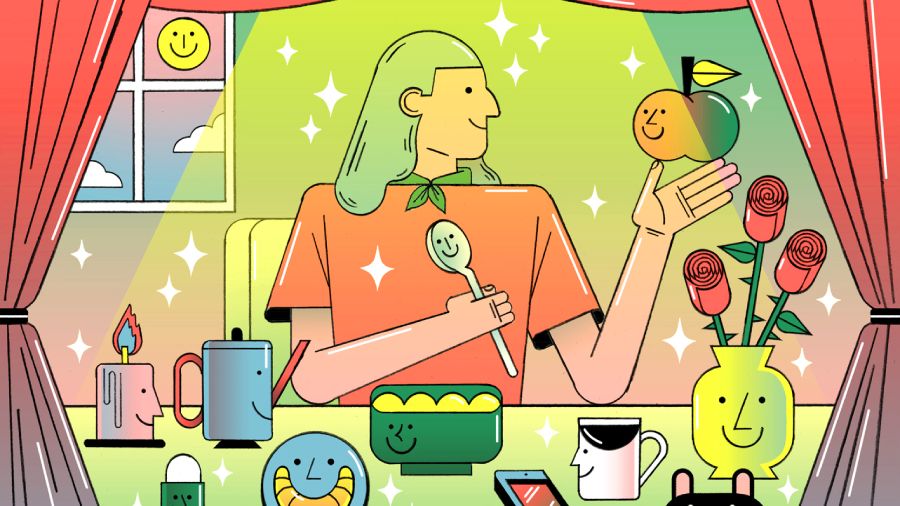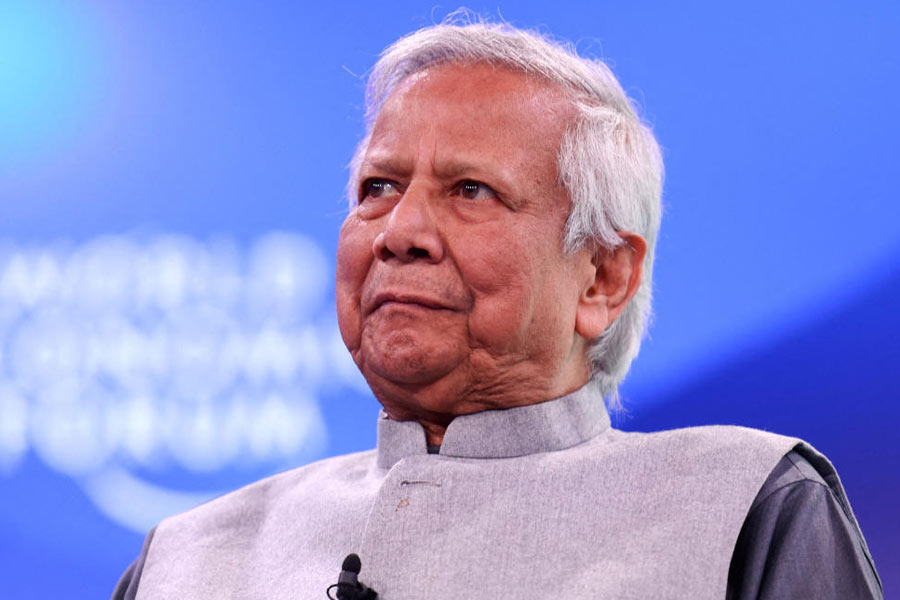On YouTube, a filmmaker from Utah, US, soaks in the morning sun, savours a fresh croissant and spritzes lemon-scented perfume on a duvet decorated with pink roses. Her videos, a cosy escape into cottagecore, are inspired by Anne of Green Gables, Jane Austen novels and the period drama Bridgerton, offering tips on “how to be happier and appreciate the little things”.
Elsewhere, on TikTok, people spice up their breakfast routines, buy flowers and practise gratitude. One content creator, Rachel Hess, 21, uses a rolling pin to press eucalyptus leaves before hanging them in her shower, in a video that has been viewed more than 6.8 million times. “Romanticise yourrrr lifeeeeeee,” the caption reads.
For the past two years, the phrase “romanticise your life” has emerged on social media as a call to action, rising in popularity during some of the grimmest months of the pandemic. It asks us to appreciate what we have right in front of us and to live with intention, no matter how mundane our daily rituals might be — a reminder to look for moments of beauty and embrace minimalism.
Experts say the romanticising trend may have endured in part because it is a new way of exploring mindfulness — the practice of paying attention to the present moment and becoming aware of your physical sensations, thoughts and emotions in a nonjudgmental way. It also offers a sense of agency, a feeling of control that has been sorely lacking as the pandemic grinds on.
“It’s being positive about the things that life has to offer, regardless of whether the circumstance is what you imagined or wanted,” said Ashley Ward, 26, whose 2020 TikTok video about romanticising has been viewed more than 3 million times. “You can’t control everything in your life, but you do have control of how you view your situation.”
The trend draws wisdom from different domains, like mindfulness, positive psychology and the Danish custom of hygge, but “it’s being presented in a way that’s engaging and keeps it fresh,” said Eric Loucks, an associate professor of epidemiology, behavioural and social sciences, and medicine at Brown University in the US, and the director of the school’s Mindfulness Center.
Loucks’ research and his new book, The Mindful College Student, illustrate how mindfulness can decrease stress and symptoms of depression, and improve sleep quality and physical activity levels. “Romanticising your life” intersects with mindfulness in part by helping us become more in tune with ourselves.
“If we’re trying to build a life that makes us happy, and put ourselves in the centre of it in a kind way, well, each of us is different,” he said. “Which methods resonate most? That’s self-awareness.”
Intertwined in the online conversation about “romanticising your life” is the “main character” trend — videos with the hashtag have generated 6.9 billion views on TikTok, followed by its sibling, “main character energy”.
The main character meme spawned numerous parodies poking fun at movie cliches and narcissism. It’s “a fun way to bring to light some of the cringey things people romanticise,” Ward said. But “being the main character” has also become a sincere reminder to let your actions drive the narrative, much like a film’s protagonist would.
In Ward’s TikTok video, the camera is positioned high above, peering down at the beach where she reclines on a towel. The overhead shot conveys that she is the main character, and the simplicity of the imagery allows her earnest voice-over to take centre stage.
“A main character has a full sense of agency, and what the pandemic took away from us was that sense of agency,” said Sherry Turkle, a psychologist and professor at the Massachusetts Institute of Technology in the US, who researches people’s relationships with technology.
Becoming the main character is also a way of creating a more authentic self and making space for who you are, she said.
“I think there’s been a convergence of wanting to — in our isolation — find our identities in a kind of heightened way, and one in which we assert our individuality,” she said.
Livia Boerger, a mental well-being coach in London in the United Kingdom, has written about the various ways people can begin to romanticise their lives and has a 28-day challenge on her website, to “help you celebrate living for the smaller reasons and fall in love with life again.”
During the pandemic, she said, a lot of people have been “looking for ways to create joy and find that happiness internally, and make the most of what they had”.
It may lead to a larger question: what brings us happiness? Is it that expensive vacation or new piece of clothing? Or should we stop waiting for that picture-perfect moment and start enjoying the present?
NYTNS










